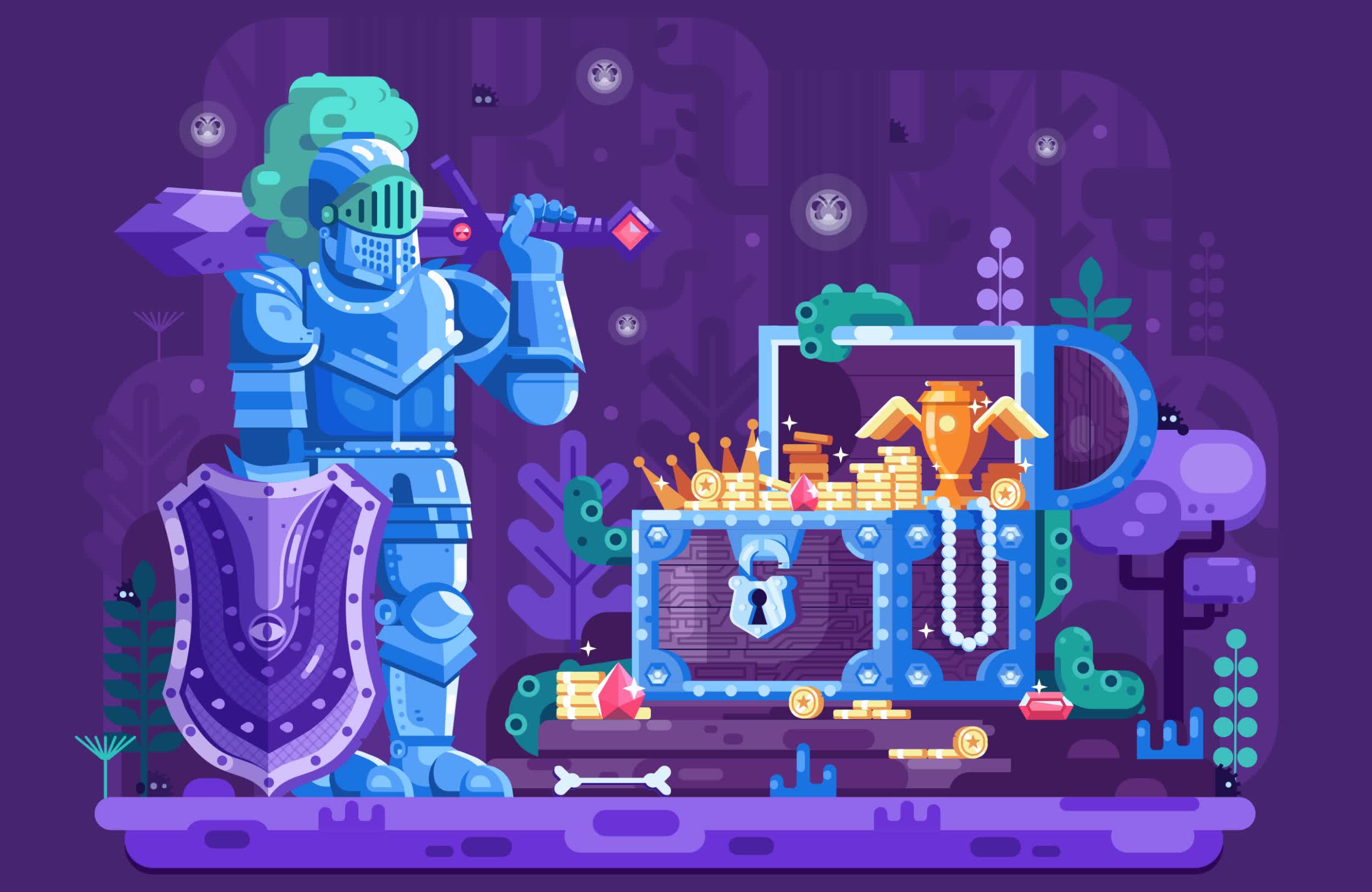Also, microtransactions aren't just trying to screw over whales. Basically what they do is setup the ideal pricing model for a company, where every customer pays what they think the product is worth. Usually, setting a price means that you have priced out people who can't afford it/don't value it highly enough, and also stopped people who really value the product from paying more. But when the price is a variable, poorer people/casuals who don't play much will buy some, and people who love the game will spend a ton of money on it.
We see this logic with a lot of things, by the way. Different editions of games, each slightly more expensive? Same thing. Different brands with different price points, like car companies with a luxury brand? Same thing. Apartment complexes with different apartment types with different costs? Same thing again. This is called price discrimination.
We also see it in sneakier ways. Student discounts? The businesses know students are poorer, and want to sell to them at a lower price, but not to everyone. Limited time sales? The businesses are selling to people who have a low value on their time, and thus put in the effort to hunt for sales, don't value their goods as much/are poorer on average, and thus want to sell to them at a cheaper price, hence the sales.
Now who benefits? Both the store and the buyer who pays a cheaper price. Who suffers? The rich or dedicated lover of the product, but they frequently don't even suffer that much as they get something slightly better that they are willing to pay for. Hence here is capitalism actually helping the little guy.

 www.techspot.com
www.techspot.com
